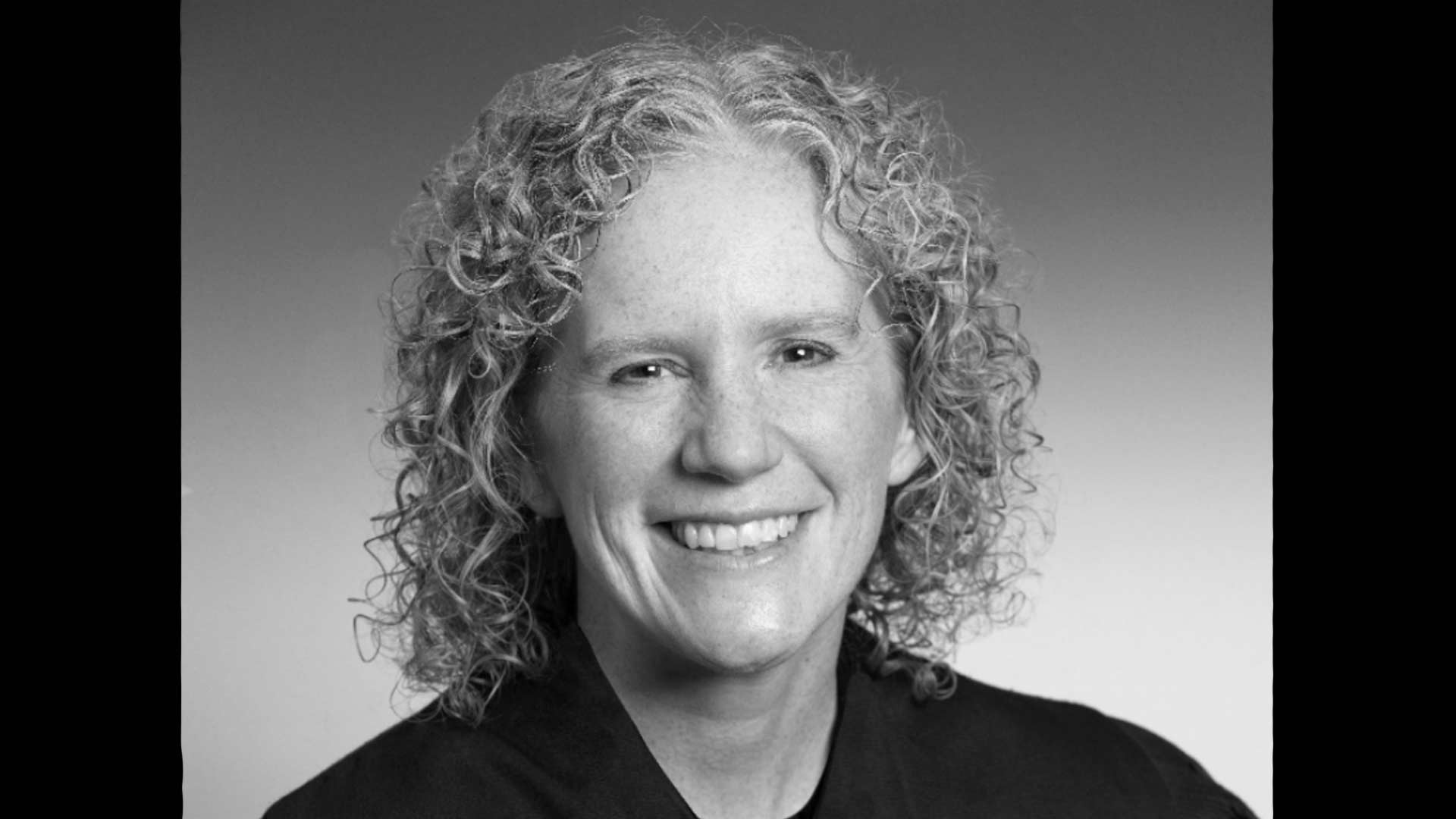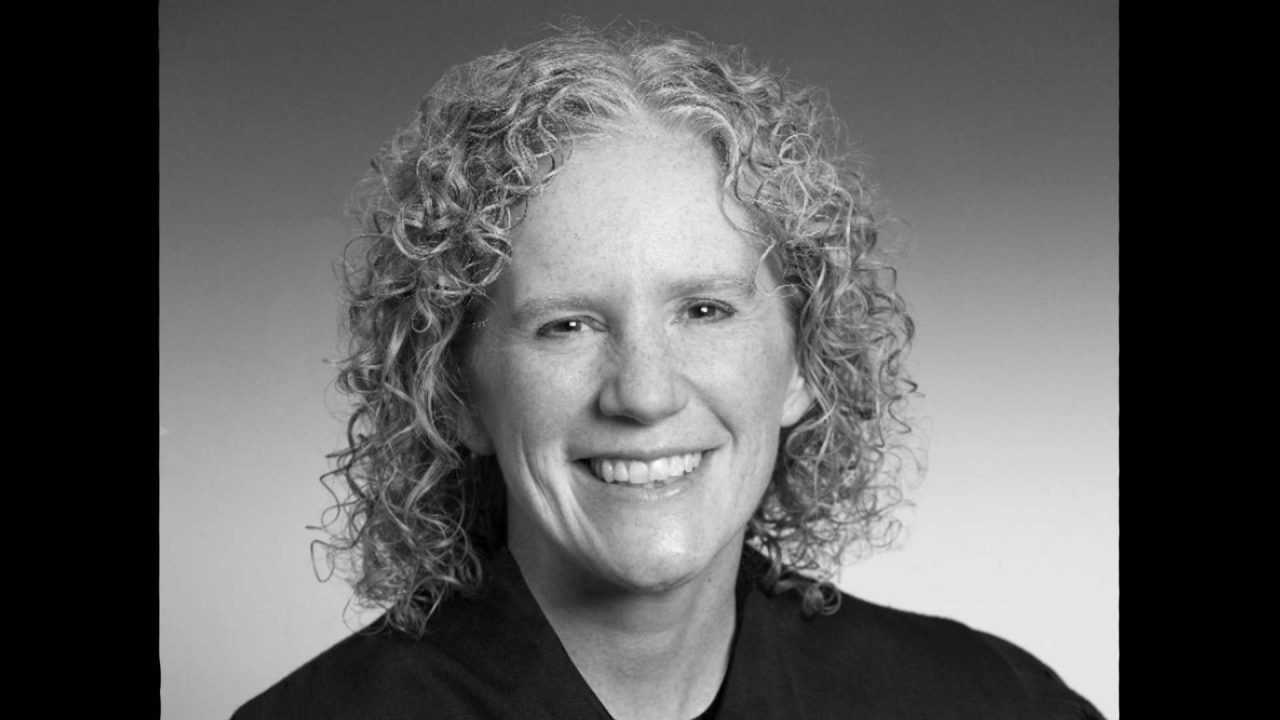
On July 7, Gov. Mike Dunleavy appointed a justice with close ties to abortion supporters to serve on the Alaska Supreme Court. Judge Henderson was selected from a group of just three individuals forwarded to the governor by the Alaska Judicial Council to fill the seat of retiring Chief Justice Joel Bolger.
According to Alaska’s Constitution, the governor has to choose a judge from among the names sent to him by the seven-member Judicial Council. Since liberal lawyers enjoy a 4-3 majority, they were able to block any conservative candidates from making it to the governor’s desk for consideration.
Henderson served as a Superior Court judge in Anchorage. Last year she ruled in favor of the ACLU lawsuit against Governor Mike Dunleavy’s veto of $334,700 from the Alaska Court System after the Alaska Supreme Court ordered the state to pay that exact amount for publicly funded abortions. She ruled against the state’s motion to dismiss the lawsuit. By doing so, she implied that the court actually has the power to declare that the governor’s line-item veto is unconstitutional, and that the judicial branch of government actually has the power to order a restoration of funds to its own budget, an act which is constitutionally delegated only to the Legislature.
Babcock said she was “shocked that a highly qualified, sitting, presiding judge was denied the opportunity to even be considered by the governor.
While studying at Yale Law, Henderson was the editor of the liberal Yale Journal of Law & Feminism. Her personal references when applying for the Superior Court included Rep. Lindsey Holmes (former pro-abortion legislator) and James Torgerson (a former Bar member of the Alaska Judicial Council, and the husband of Judge Morgan Christen, the Obama-appointed judge on the 9th Circuit who once served as a Board member for Planned Parenthood of Alaska.
Dunleavy had requested that the Judicial Council send him more names to choose from when deciding who to appoint to Alaska’s highest court. The Council refused and he was stuck with making a selection from three liberal candidates.
The Alaska Judicial Council consists of three people appointed by the governor, three members from the left-leaning Alaska Bar Association along with the sitting chief justice of the Alaska Supreme Court. In this case that was Justice Joel Boldger, the very man who was retiring.
Kristie Babcock serves on the Judicial Council as one of the governor’s three appointees. In May she wrote a column calling out Bolger for casting the tie-breaking vote that effectively blocked Superior Court Judge Paul Roetman’s name from being sent to the governor for consideration.
Reotman is viewed as a more moderate to conservative Alaskan justice. He was also the only minority to apply for the open seat on the high court.
Babcock noted that Bolger publicly stated last summer that the court should reflect a greater diversity of Alaskans.
ALASKA WATCHMAN DIRECT TO YOUR INBOX
“The vacancy the Alaska Judicial Council was dealing with was to replace the soon to be retired Justice Bolger himself,” Babcock wrote. “On his way out, he still wanted to control who might replace him. There was one applicant for the State Supreme Court who was from rural Alaska. That same applicant was also the only person of color to apply.”
Babcock said she was “shocked” that a highly qualified, sitting, presiding judge was denied the opportunity to even be considered by the governor.
“You see, the way our constitution is designed, the governor must appoint judges only from the nominations the Judicial Council sends along,” she said. “The Council has total control over the nomination. The governor has no discretion except to pick from a list we send him.”
According to the State Constitution, the Judicial Council must forward at least two names for the governor to pick from when a vacancy appears on the high court. Nothing prevents them, however, from forwarding the names of all qualified applicants who apply for consideration.








11 Comments
Welcome to the 9th circus
Can legislators make rules/policy for the judicial council’s procedures for the list sent to the governor. As Joel says here in his article, there is nothing preventing the council from sending the entire list of applicants to the governor. They have the power to screen the list to the judges they want. That is too much power for the judicial branch, who already thinks they have superior power in the government, to reign and rule over the legislative and executive branch by delivering decisions that they expect to be upheld as the law of the land. My message is that the council should only be able to screen out unqualified candidates, or those with a conflict of interest, etc, not to screen based on a partisan bias. Give the governor the entire list of qualified applicants!
Agree
Prochoice adults turn my stomach. They never terminated their own pregnancies. But! They terminate everyone else pregnancies. Yet! They still think abortion is still okay. That’s sick!
Maybe the covid shots will do something to some prochoice adults reproductive organs like it’s doing something to some recipients hearts? So it saves some prochoice parents the pain being a hypocrite.
Yeaaaah…. You can’t very well continue being prochoice after having your own baby. That just devalues your own baby and telling you don’t value nor love your child’s and grandchild’s life cause you don’t value other childrens lives.
The judicial council should only be given the role advisory. But! whoever is Governor should make the ultimate choice. This way Alaska can get some judge variety every so 4-8 years.
Dunlevy is a loser. I wouldnt have picked anybody. As gov if I got roadblocked I would just refuse to fill the seat. You’re an idiot dunlevy
A Squish moment for Dunleavy – again…
We’re done for in the state. If my health didn’t make it too difficult, I would leave. Just keep your guns loaded and readily available; looks like we’re going to need them…unfortunately.
And, most impprtant: pray, pray, pray
A corrupt system designed by lawyers for lawyers… liberal lawyers that is.
If the governor had any real guts, he would of sent the list of names back because of the prejudice of not one conservative on that list. It goes to show all us that backed him to get him elected and now he is just another politician. A lot of talk and no guts! When he buckled last year on the where the special session was held started a landslide. He’s the governor not a stooge. He says where and he said Wasilla not Juneau. He backed down. Showed they could push him around and they are now! It’s sad. I had high hopes for him.
Legislators are in Dunleaveys pockets and the only one that isn’t is being roasted with lies and false accusations.
If everything that took place in the last 7 1/2 mos. where to hit the state supreme court you’d see politicians going to jail!!!
Dunleavey is like the White house mulatto who was allowed to usurp the office he aligns himself with liberal scum stacks the court with them!!!